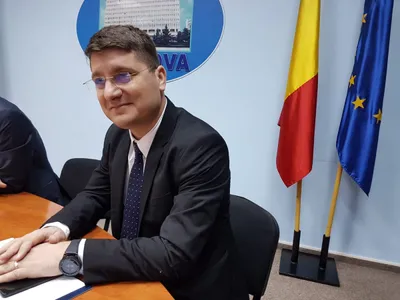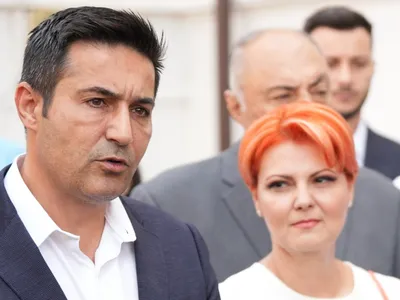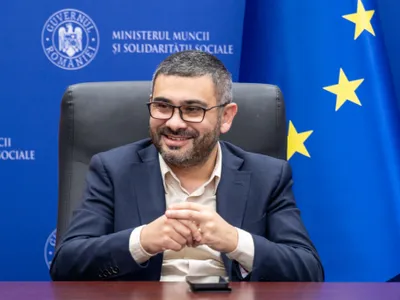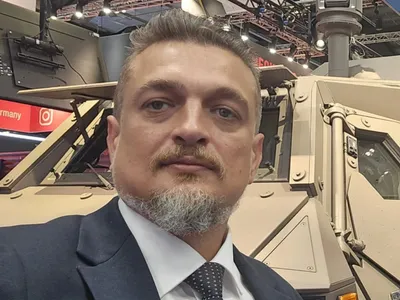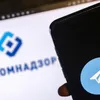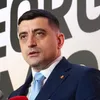The Uzbek route: how Moscow sent anti‑EU funds into the Republic of Moldova via a company sponsored by Tashkent’s autocratic regime
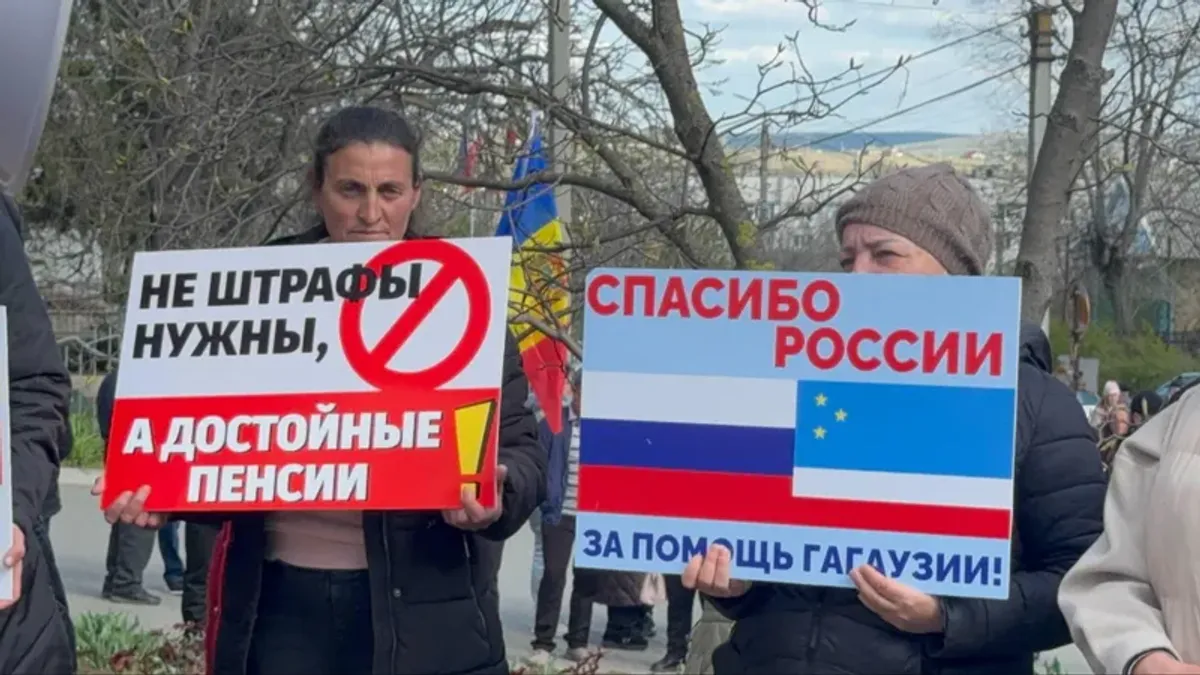
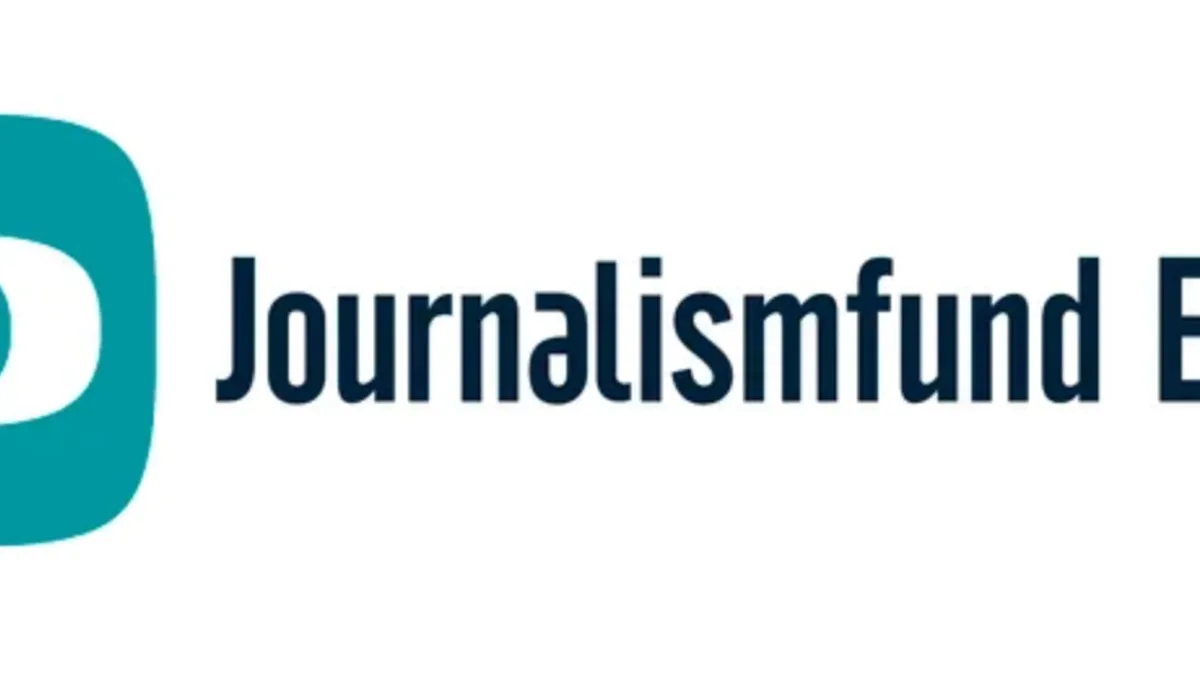
Vitalie Călugăreanu, Cătălin Prisacariu, Stanimir Vaglenov
A genuine politico‑financial war was waged, through intermediaries, against the Republic of Moldova in 2023 and 2024. The stakes were enormous: the country’s strategic orientation—situated between Ukraine and Romania—either towards the European Union or the Russian Federation.
Thus, through Moscow’s primary proxy in Moldova, politician Ilan Şor, tens of millions of euros were transferred from Russia into Moldova to bribe voters.
The targets: the referendum on Moldova’s EU integration and the presidential elections.
After Ilan Şor’s party was outlawed in 2023 and banking channels for financial transfers from Russia were blocked by international sanctions, the Kremlin’s intermediaries sought other ways to funnel massive sums into Moldova in order to influence voters against the EU.
Chişinău authorities launched major investigations into these cases and revealed how Şor and his associates flooded Moldova with Russian money.
One method, previously unknown to the public and exclusively revealed in this article, involved the participation of a private company from a former Soviet republic — which is now an independent state with an autocratic leadership.
The young entrepreneur Amiranashvili and his global digital solutions
Almost 42 years old, Giorgi Amiranashvili lives the dream of a fulfilled Western life: he wholly owns and runs a successful digital company, has a beautiful family — an elegant wife and three almost-teenage children — and a comfortable lifestyle.
He appears to be a 21st-century entrepreneur: his company, Global Solutions, provides web development/design services, as well as online payment services under the brand Global Pay Gate.
Pictures on the company’s social media pages show young, cheerful employees in a relaxed work environment — dividing their time between screens, riding scooters around the company’s grounds, and relaxing on beanbags on lawn-like spaces.
Occasionally, there are social media posts of birthday celebrations with pizza, huge colourful balloons, cake candles, and Halloween parties complete with costumes.
Basically, Amiranashvili could have founded the company anywhere in today’s free world—with only an internet connection needed to run such a business.
A Georgian in Tashkent and his million‑euro start‑up
But Giorgi Amiranashvili is not a resident of the free world, at least not according to Freedom House, which rates the country he lives in as “not free,” scoring just 12 out of 100.
It describes it as “an authoritarian state with few signs of democratization. No opposition parties operate legally. The legislature and judiciary effectively serve as instruments of the executive branch, which initiates reforms by decree, and the media are still tightly controlled by the authorities.”
The country is Uzbekistan, and Amiranashvili is Georgian, born in Tbilisi in October 1983, but has lived in Tashkent for 25 years.
In Uzbekistan’s capital, Amiranashvili integrated remarkably, especially in business. In May 2011, before he turned 28, he founded Global Solutions with a capital of almost one million euros—funds of unknown origin.
The autocracy’s favoured company
Almost immediately, he won a contract from state-owned Uztelecom to develop Tcity, Uzbekistan’s first mobile app for a city guide in Tashkent, as evidenced by a thank‑you letter in 2012.
This was just the first of many public contracts. In subsequent years, Global Solutions created the mobile app for the national airline Uzbekistan Havo Yullari (UzAirways), then developed the MyGov public services portal app, the Central Electoral Commission’s app, a school app “E‑Darslik,” and the Central Bank’s mobile app.
The Cabinet of Ministers and the Ministry of Information Technologies also publicly thanked the company for multiple digital modules and apps.
Thus, since its inception, Global Solutions — founded by Georgian Giorgi Amiranashvili in Tashkent — has functioned as a digital arm of the Uzbek state, trusted implicitly by the autocratic regime.
Money for Moldovans from anonymous benefactors
In 2023, Global Solutions launched the Global Pay digital payment service, accessible via the Telegram messaging app — a platform widely used across the ex‑Soviet space but also ethically and legally controversial, as highlighted by an investigation in France into Telegram’s founder, Pavel Durov.
Less than a year later, in early 2024, this Global Pay service was used to transfer funds from Russia to the Republic of Moldova.
According to Moldovan authorities financial documents that our team of journalists was able to get access to, nearly one thousand P2P (person to person) transfers were made in the first four months of 2024 into Moldovan card accounts via Global Pay from Uzbekistan.
The recipients — and amounts — were known to authorities, credited to accounts in Moldindconbank, Victoriabank, Energbank, OTP Bank, MAIB, and FinComBank.
The names of the payers, however, have not been identified as they were hidden by the Global Pay payment app in Uzbekistan, financial documents seen by our team of journalists show.
The money from Uzbekistan and the Guțul scheme
According to the same documents, most of the Moldovan citizens who received money from anonymous benefactors in Uzbekistan are domiciled in Gagauzia, a Russian-speaking autonomous region of the Republic of Moldova.
The beneficiaries of the money received through Global Pay in Gagauzia were mostly pensioners and civil servants.
Exactly the same categories of Gagauz were the target of a Russian money-financing operation that took place exactly at the same time as the Global Pay payments were being made from Uzbekistan.
Thus, on 9 April 2024, Evghenia Guțul, the leader of the Gagauz region, signed an agreement in Moscow with the Russian bank Промсвязьбанк (Promsviazbank - editor's note), so that Gagauz pensioners and state employees in Gagauzia would receive money from the Russian Federation on МИР (MIR - editor's note) cards on a monthly basis.
In fact, the Russian bank, which is under international sanctions, was involved as an intermediary - the real sponsor being the organisation ‘Evrazia’ (also under international sanctions), which had only one employee - a close associate of the fugitive oligarch Ilan Shor.
Pensioners and state employees from Gagauzia filled in special applications with personal data in order to receive help from the ‘Evrazia’ organisation. A code and password were sent to the telephone number indicated in the application, with the help of which people logged into their accounts in Promsviazbank.
Global Pay in Uzbekistan offers online payment solutions in partnership with payment systems Uzcard, Humo, Visa and Mastercard. On the other hand, the Humo payment system in Uzbekistan has partnerships with the Chinese payment system UnionPay. And UnionPay has close co-operation with the Russian MIR card scheme.
Thus, according to financial documents of the Chisinau authorities consulted by our team of journalists, the Global Pay payment system in Uzbekistan can serve as a gateway for MIR card users to the global payment system, despite the international sanctions imposed on the Russian banking system.
Partner of Global Pay, a bank in which the German state owns shares
In the aforementioned documents, the Moldovan authorities also mention the name of Ipak Yuli Bank in Uzbekistan, through which Global Pay has sent payments to Gagauzia without identifying the names of the payers.
Ipak Yuli Bank, incidentally, is the very bank with which Global Solutions (the company owned by Giorgi Amiranashvili which manages the Global Pay payment system) has its bank accounts, according to official information.
Ipak Yuli Bank proudly lists on its own website the fact that DEG - Deutsche Investitions und Entwicklungsgesellschaft mbH - is among the bank's shareholders. This German financial vehicle is wholly owned by the German State through KfW (Kreditanstalt für Wiederaufbau).
Ipak Yuli Bank did not respond to our team of journalists' FOIA requests about financial transfers via Globay Pay to Moldovan citizens in Gagauzia.
DEG does not comment on ‘individual cases’
DEG's press office, however, sent a reply to our questions, but without commenting on Ipak Yuli bank/Global Pay transactions to Moldovan citizens.
“Thanks for your interest in DEG.
First of all we would like to provide some general information on our work as a Development Finance Institution. DEG’s development policy mandate is to finance and advise private enterprises investing in developing countries as key drivers of employment and income. To this end, DEG provides such enterprises with long-term financing on risk-based terms from its own funds. Long-term financing is often not available locally.
DEG carefully reviews the business purpose of every enterprise and the involved parties before deciding on any investment. Reviewing all partners relevant to a transaction (e.g. customers and suppliers) is part of the due diligence as well. Mandatory requirements include, among others, to identify the ultimate beneficial owners (so-called “know-your-customer (KYC) check”).
During the complete term of the contract, there are further checks with regards to compliance-relevant aspects done on a regular basis. DEG strictly complies with all laws, relevant requirements and necessary reporting obligations, including the prevention of money-laundering or fraud.
DEG always takes comments and hints concerning its investments very seriously and follows them up carefully. In case of any hints of non-compliant activities of customers, DEG will take active, appropriate action, if necessary with the involvement of external expertise.
In the case of proven misconduct or breaches of contractual regulations by a customer, further measures are taken, which may even include the termination of the business relationship.
For reasons of confidentiality, we cannot comment on any business activities in individual cases.”, said DEG’s reply to our team of journalists’ FOIA request.
Similar FOIA requests sent to KfW, the German government and Global Solutions received no response.
Şor’s stake: 300,000 votes purchased
During Moldova’s 2024 pro‑EU referendum and presidential elections, Russia and fugitive oligarch Ilan Şor (serving 15 years in prison, sheltered in Moscow) attempted to buy 300,000 votes—roughly 10% of the vote.
The Moldovan police documented around one million financial transfers in Sept-Oct 2024 via PSB bank in Russia into 138,000 Moldovan accounts. The real number of vote-sellers could be far higher.
Şor’s group began electoral fraud preparations early, collecting personal data under the pretext of issuing social store cards, then recruiting people into paid anti‑government protests.
Fraud scheme tested in Gagauzia
In May 2023, Şor’s network tested its fraud scheme in the gubernatorial race in Gagauzia, where Evghenia Guţul won. Investigations showed activists were paid ~15,000 lei each to influence 30 voters. An National Anti-Corruption Council probe followed.
President Maia Sandu refused to confirm Guţul, and the EU sanctioned her as part of destabilising actions in Moldova.
In March 2025, anti‑corruption prosecutors searched a deputy mayor of Orhei in a case of illegal campaign financing for the Gagauzia governor’s post.
Guţul, Şor’s former party secretary (2019–2022), is accused of illegal financial ties to Russia and is under house arrest, facing possible seven-year jail term; she denies charges as politically motivated. The Kremlin condemned her detention.
As governor, Guţul continued Şor’s scheme after Şor — sentenced for a USD 1 billion banking fraud — was refused extradition by Russia.
The Promsviazbank–Evrazia scheme scaled up
The Gagauzia money‑funnel scheme was replicated nationwide in Moldova’s largest vote‑buying campaign, revealed by Ziarul de Gardă’s award‑winning investigation “In Moscow’s Service” ahead of the 2024 elections.
In 2023–2024, Russia and Şor’s network used all possible routes to channel money into Moldova. Initial methods included people arriving at the airport with thousands of Pyypl debit cards, and suitcases of money at land borders.
When authorities confiscated those funds, Kremlin planners switched tactics—organising charter flights from Moldova to Moscow, using people as couriers who returned with up to €10,000 each. In April 2024, police seized more than 20 million Moldovan lei during airport raids.
Electoral calculations suggested Kremlin and Şor aimed to buy 300,000 votes — confirmed by President Sandu after the first round.
Tens of thousands fined for selling votes
The Kremlin’s plan nearly succeeded, but Moldovan police seized over half the intended funds. So far, ~15,000 people have been fined, with another 6,000 due to be summoned within a week, and fines up to 37,000 lei (nearly €2,000).
Several network coordinators are under criminal investigation; some have fled to Moscow.
According to RISE Moldova, in 2024 Şor founded five companies in Moscow despite being under international sanctions—sometimes in partnership with Russian state banks—operating in Kyrgyzstan and the UAE to evade sanctions and still generate billions of rubles.
Critical 2025 elections
New parliamentary elections are scheduled for 28 September 2025—perhaps the most important in Moldova’s history. The outcome will decide whether Moldova joins the EU by 2030.
President Maia Sandu has warned the country faces “Russian‑style challenges like never before.”
Following Russia’s brutal interference in 2024, the Moldovan Parliament strengthened its laws: increasing fines for electoral corruption, risking party suspension or dissolution, and ordering crackdowns on clone parties.
This investigation was developed with the support of Journalismfund Europe.





